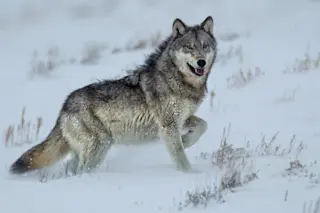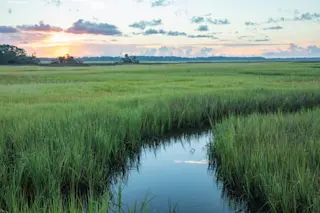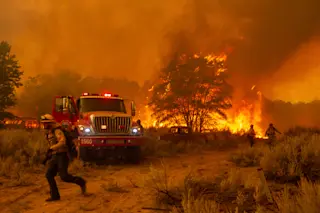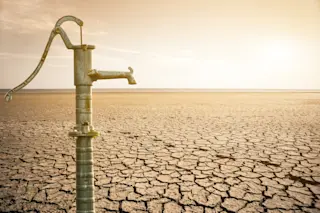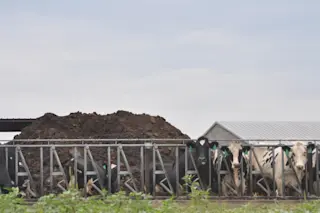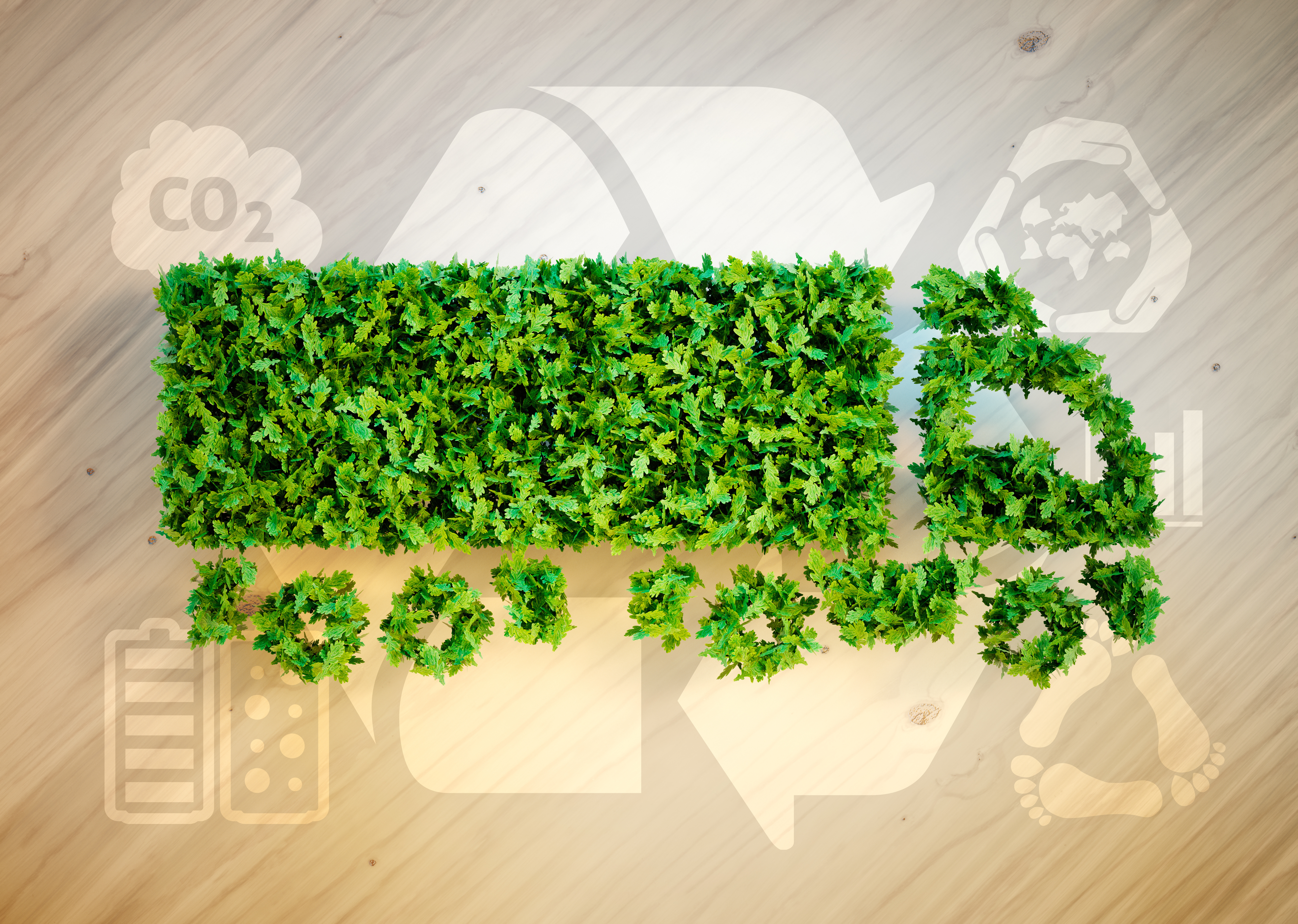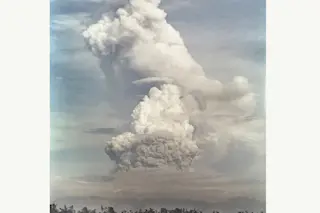My struggle to distinguish between a "climate skeptic" and "climate denier" continues. In July, I sought some clarity on these terms, which triggered over 500 comments and little agreement on an acceptable distinction between the two labels. That should come as no surprise. Do you know any climate skeptics who are fine with being called a climate denier? The term has some obvious baggage. Personally, I've resisted using "denier" because of the implied connotations. And while I recognize there is no one-size-fits-all category, I continue to use "climate skeptic" when referring to skeptic/contrarian-related positions, or persons associated with the skeptic wing of the debate. But I have this nagging feeling that I've taken the easy way out, that I have been over-relying on "climate skeptic" as a blanket term, that it does not accurately reflect a broad spectrum of voices that includes the likes of Richard Lindzen, Anthony Watts, John ...
Who's a Skeptic/Denier/Dissenter/Contrarian?
Explore the ongoing debate between climate skeptics and climate deniers, as journalists seek clarification in climate change discourse.
More on Discover
Stay Curious
SubscribeTo The Magazine
Save up to 40% off the cover price when you subscribe to Discover magazine.
Subscribe


